The many journeys of former UK minister now star podcaster Rory Stewart
The Rest is Politics co-host Rory Stewart weighs in on the UK election, 14 years of Conservative government and his life as an MP.

When he connects via Zoom on his phone, it is a sunny morning in London and he is walking to a cafe where he orders a cappuccino, sits down and drinks it, then heads back to his South Kensington home without missing a beat. We begin talking about the British election campaign, in which Labour is certain to defeat the 14-year Conservative government.
“It’s a little bit like a sports match where you already know who is going to win,” Stewart, 51, tells Inquirer.
“Labour’s been ahead by 20 points for 18 months and every step of the campaign has weakened the Conservatives further.
“So, barring the arrival of something like Godzilla, there’s no way that Labour is not going to win this.”
This is a convulsive moment for British politics. Stewart is concerned that as Nigel Farage’s far-right populist Reform UK party gains support, the Tories will respond by edging further to the right rather than reposition in the centre ground.

“It’s very bleak,” Stewart says. “The party finds itself losing the tradition which brought me into politics – a one nation, centre-right tradition which was supposed to be about fiscal prudence, moderation, caution – and has become a much rougher, louder, right-wing party.”
Far from the campaign being boring, Stewart is attracting audiences up to one million for his podcast with former journalist and Labour adviser Alastair Campbell, The Rest is Politics. It is often the No.1 podcast in Britain. Stewart and Campbell also have done live events, drawing big crowds, and have a special following among so-called centrist dads.
“What makes it work is not the two of us as individuals,” Stewart suggests. “It’s the way in which we’re more than the sum of our parts. Somehow in the dynamic between us, something strange happens. And the people enjoy watching two people of different ages, different backgrounds, different political persuasions, rubbing up against each other and holding our ideas in contention.”
Rishi Sunak looks to be on a hiding to nothing as his government bleeds votes after years of dysfunction, scandals, chaos and revolving-door prime ministers. Stewart cannot understand why the British Prime Minister called a snap election other than that Sunak, too, wishes it was over quickly.
“Very bright, focused, but without the big charisma and leadership, somebody who would have been a successful senior civil servant,” Stewart says of Sunak.
“He actually was a quite good fellow, honestly, quite a good constituent MP, but he somehow failed to really rise up to the bigger task of being Prime Minister.”
On the eve of the 2010 election, David Cameron was recruiting candidates from outside the usual pathways to parliament. Stewart registered his interest and while in Kabul received an email offering a 15-minute meeting with Cameron.
Neither, it seems, was impressed with the other. But Stewart won a seat in the rural northwest of England.
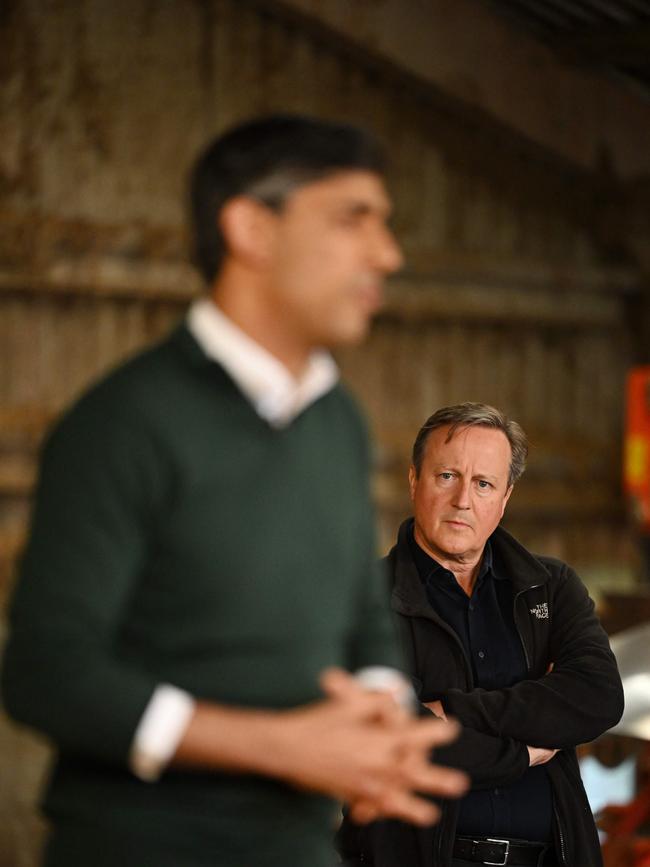
“He was a professional politician to his fingertips,” Stewart says of Cameron. “(But) he didn’t build a very strong ministerial team. The people that he promoted were generally loyalists, you know, what he called ‘team players’. And often these people turned out to be not very good at the job and let him down.
“He made a number of very bad tactical and strategic errors. He did not respond well in Libya, didn’t respond well to Putin’s invasion of Crimea. He entirely mishandled the Brexit referendum. To some extent he didn’t recognise the world had become more populist and dangerous, and still thought he was in a world of centrist democratic politics.”
With an upper-middle-class tone of speech, Stewart is unfailingly polite and boyishly charismatic. One senses a strong personal drive to explore the world and climb mountains, both real and philosophical.
Stewart’s father, who had been part of the D-Day landings, worked as a MI6 spy and colonial administrator, taught him ancient Greek and karate. His influence was, and remains, formative.
With restless energy and ambition, fuelled by a somewhat romantic notion of self-belief, Stewart also served in the army, taught at Harvard University and made documentaries. He even launched a short-lived bid to be mayor of London. Reflecting on his journey, Stewart says being a politician was “far worse” than anything he experienced working in Iraq and Afghanistan.
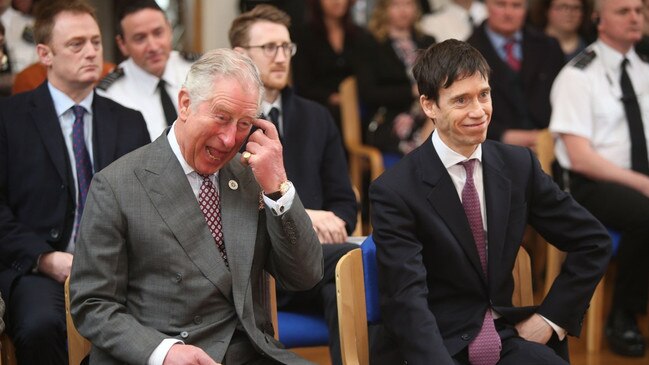
In his bestselling memoir, Politics on the Edge (Vintage), Stewart documented his nearly 10 years in the House of Commons and serving in various ministerial roles: environment, Africa, prisons and international development (2010-19). It is filled with deep insights spiced with venomous humour that would be funny if it were not so tragic. Stewart was struck by “a lack of seriousness” in parliament and found most MPs “grossly unqualified” to represent their constituencies or hold offices of state. Politics was ruled by ambition, envy, ego, cynicism, suspicion, resentment. Discussions about polls, campaigns and media were preferred to matters of policy.
“As a minister, you have influence on things, but you don’t really have direct power,” he says. “If you were, I guess, running a family pizza restaurant you are kind of in charge; you can make decisions and, by and large, what you say goes.”
Theresa May elevated Stewart to the international development portfolio with a focus on Asia and the Middle East. He found aspects of the job fulfilling but “usually frustrating” because of the difficulty in bringing about lasting change. He respected May, who sought a compromise on Brexit between leavers and remainers, but political polarisation meant that in the end she failed.
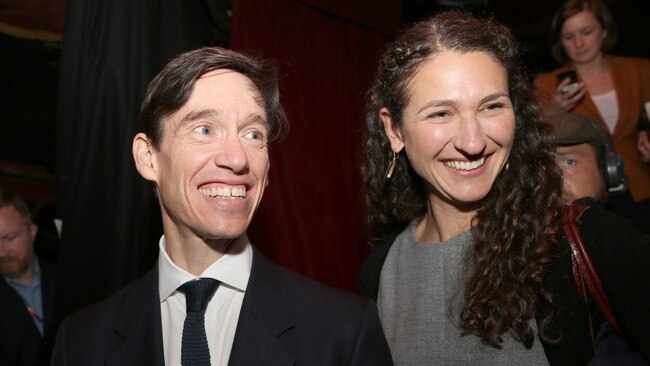
“She was, unlike the others, a fundamentally serious person,” Stewart says of May. “She had a strong sense of duty and conscience. She treated other people decently. She approached (governing) in a way that, in my experience, people working for businesses or charities or civil servants would approach their task.”
When May quit in 2019, after failing to win parliamentary support for her Brexit withdrawal agreement, Stewart contested the party leadership election. He was seen as a long-shot among 10 candidates but finished fifth. When Boris Johnson won, Stewart resigned from cabinet and quit the party months later.
Would he still want to be prime minister? “It’s easy for me as a candidate to think I can do it, but it’s such a strange job,” he says. “You’re a combination of CEO, cheerleader, chairman of the board, fundraiser … I would have taken over a party in civil war, trying to lead the party back to a soft Brexit and probably blown the party up in the process.
“My trump card would have been running against Jeremy Corbyn, who represented a strange irresponsible form of left-wing populism. But I would then have had to cope with Covid and who knows whether I would have made the right calls on that. Who knows whether I would have made the right calls on Ukraine. So, boy oh boy, it’s not been an easy time to be prime minister.”


He was not surprised Johnson’s prime ministership ended in disgrace. Johnson’s handling of the pandemic was inept, he deliberately lied to the House of Commons over “partygate” and gave Queen Elizabeth unlawful advice to prorogue parliament. Stewart found Johnson overly egotistical and excessively cunning, someone who never took governing seriously. “A dishonest buffoon,” Stewart says of Johnson. “He’s somebody who was an immensely successful celebrity. He had an incredible ease with the public and with the media.
“He had the sensibility of a successful columnist … but was fundamentally uninterested in administration and found it very difficult to chart a constant line because he was vulnerable to whoever was the last person to come into his office.”
Liz Truss edged out Sunak to become prime minister for just 49 days when she herself was forced to resign after a disastrous mini-budget. Stewart writes with disdain for Truss, whom he got to know as a junior environment minister, and her sheer lack of intellect and curiosity. It is extraordinary that party members and MPs made her prime minister.
“Truss saw politics as a game, was not interested in her portfolios and is fundamentally reckless,” Stewart says.
“And (she) was trying to create a sensation rather than come up with anything credible, and I think the result was to totally damage the Conservatives’ reputation for fiscal responsibility.”
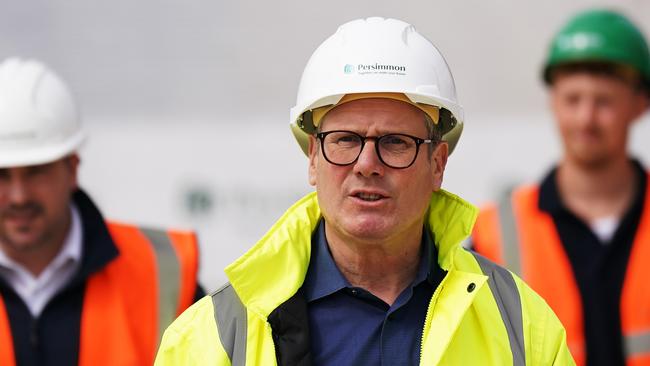
For all the disorder and division in the Conservative Party, Stewart is not sure that Sir Keir Starmer and Labour have the answers to a country that has been in decline since Brexit. He notes Starmer’s discipline and promises not to raise taxes, keep spending under control and friendliness to business. But is it enough?
“It would be a relief for people who are looking for stability and a slightly boring approach,” Stewart says of a Starmer prime ministership. “But given the scale of problems facing Britain, he would probably need a little bit of boldness, a little bit of charisma, a little bit of imagination somewhere in your team, and I’m not sure he’s got that.”
Away from politics Stewart is still on a voyage of self-discovery. Two decades ago, he undertook an epic walk across Central Asia, traversing Afghanistan, Pakistan, India and Nepal. He later walked the borderlands of England and Scotland with his father.
“(It) makes me wonder whether it isn’t that I feel at some level that the modern world is too overwhelming, too distracting, too strange, and that the only way of getting any perspective on myself and things is by stepping out of it,” Stewart says.
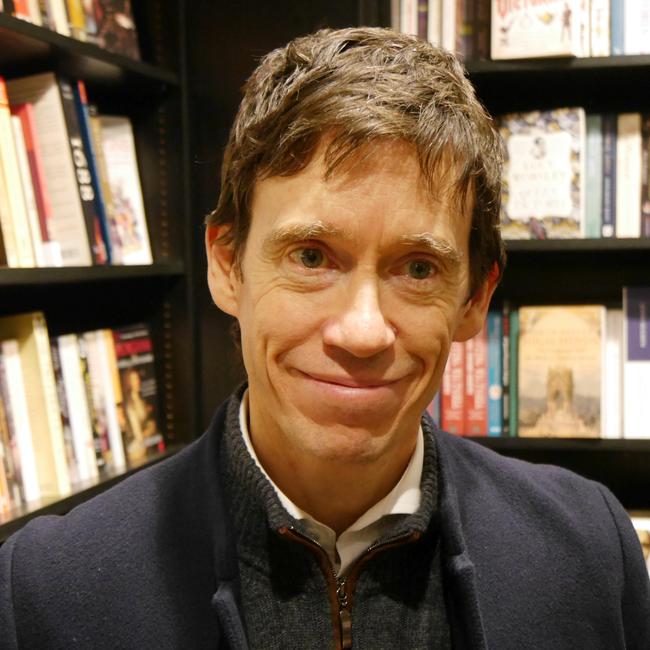
Being so well known these days is a “strange experience” and he cannot go out in public without being stopped. Stewart had to learn how to get the balance right between guarding his “private space” and being a “public figure”.
Public life, whether a diplomat, politician or podcaster, can take a toll on mental and physical health that belies a public eloquence and confidence.
Stewart acknowledges being vulnerable to criticism and having moments of self-contempt. He recently returned from a 10-day silent retreat where he sat for hours at a time, said nothing, read nothing, wrote nothing and examined his inner soul. He recommends it, especially for politicians.
“It forced me to look at death, look at getting older, look at the question of how I was passing my days, look at the question of what kind of meaning exists or doesn’t exist in every day, look at my vanity, my insecurities, look at the ways that I’ve gone wrong,” Stewart says. “It’s incredibly powerful.”
Rory Stewart is touring Australia in October-November. Tickets: www.fane.com.au/show/rory-stewart-politics-on-the-edge




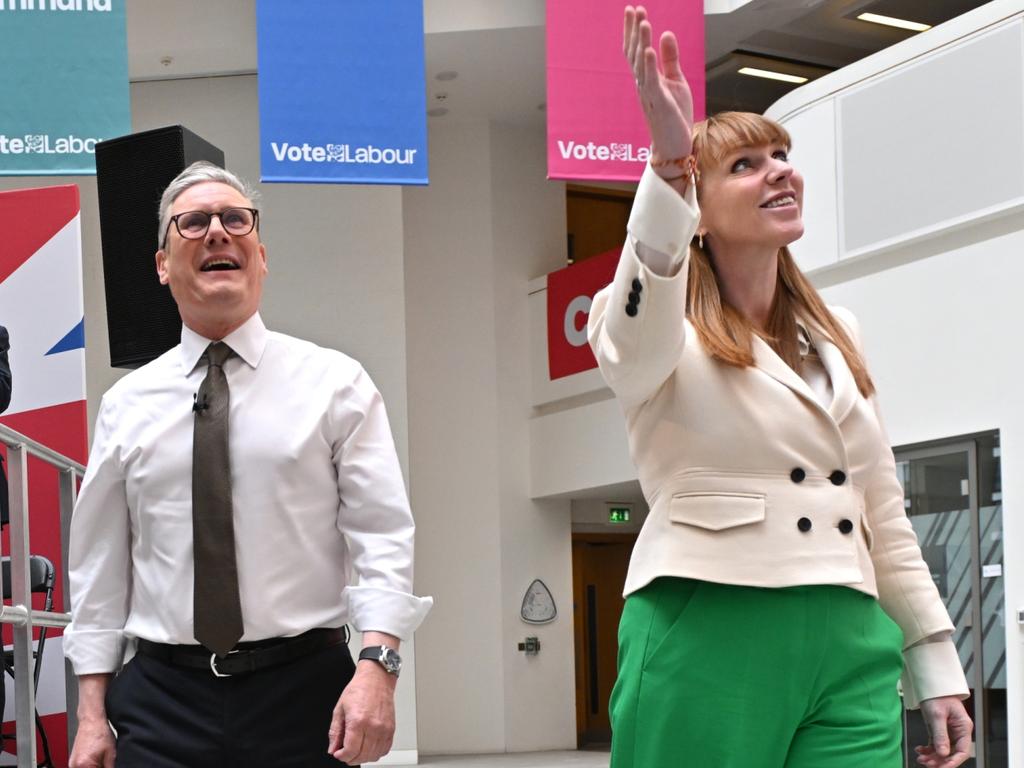


Rory Stewart is always on a journey. The former UK cabinet minister and Conservative Party leadership candidate was born in Hong Kong, served as deputy governor of two Iraqi provinces, worked as a diplomat in Indonesia and the Balkans, and ran a charity in Afghanistan. And he spent almost two years walking 10,000km across Central Asia.